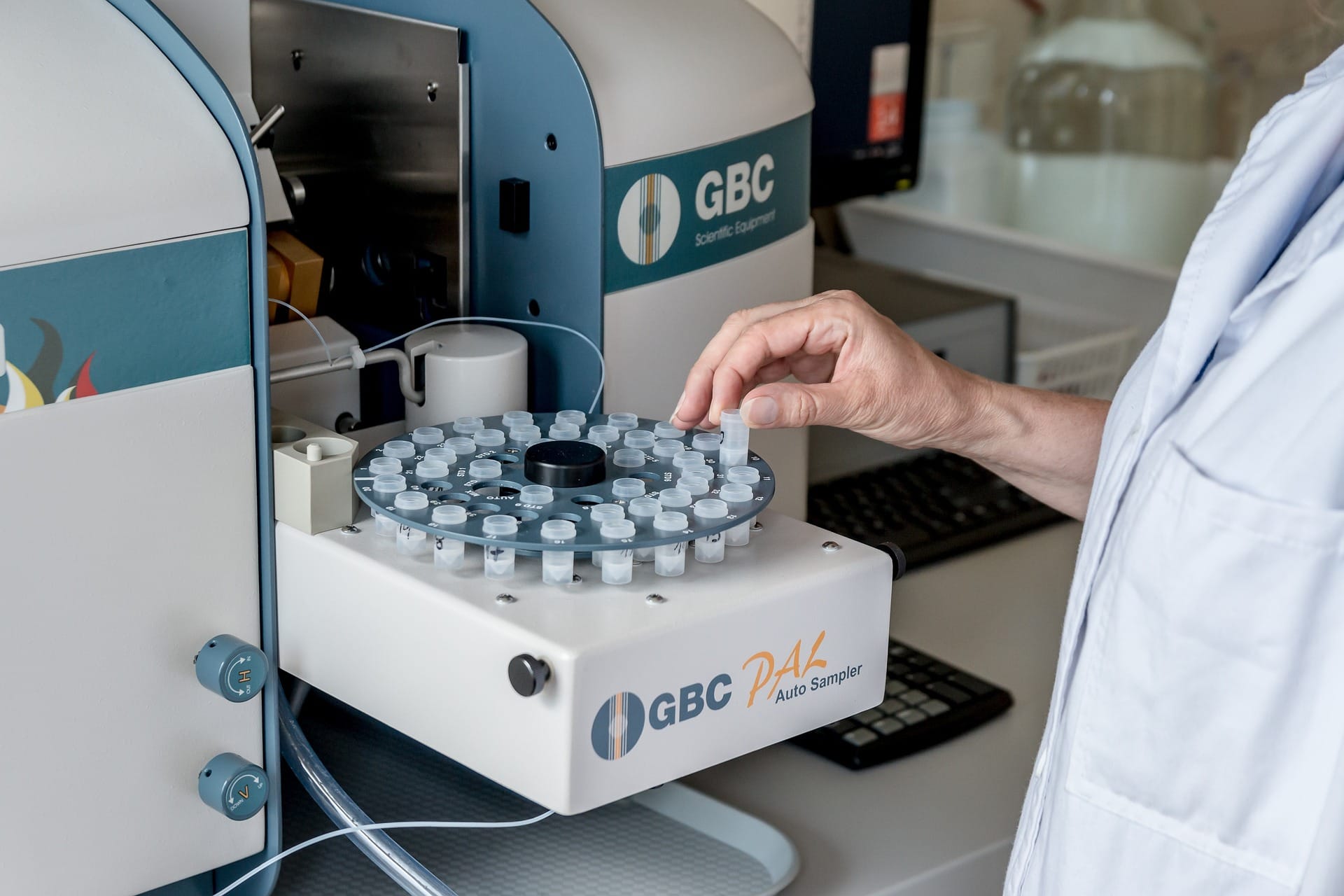
About MedicaPharma
MedicaPharma distributes high-quality active pharmaceutical ingredients (APIs) to hospitals, commercial (compounding) pharmacies, research institutes, and universities worldwide.
What is Mitoxantron
A chemotherapy medication used to treat certain types of cancer, as well as autoimmune diseases like multiple sclerosis.
Why Choose MedicaPharma
We are committed to supplying high-quality GMP products with logistics according to GDP regulations.














